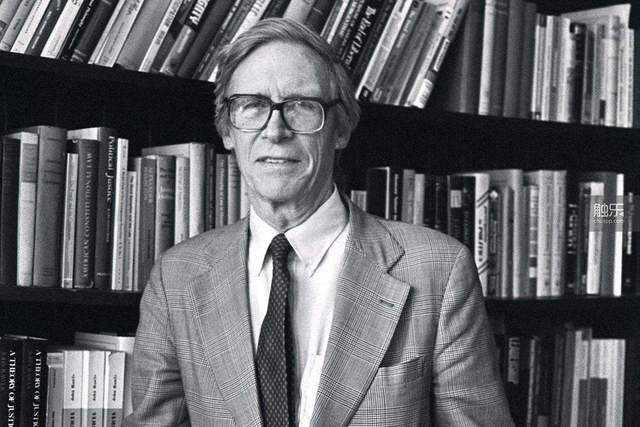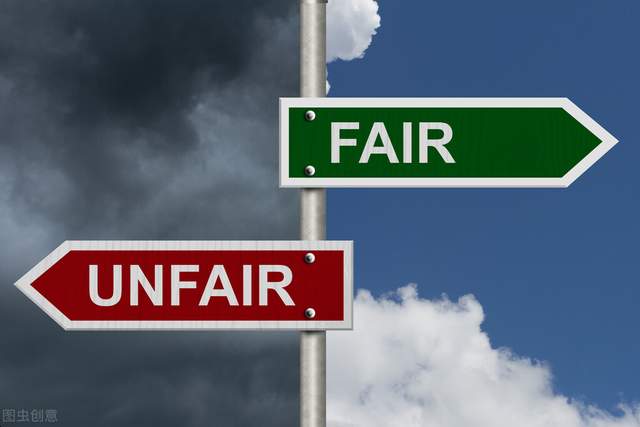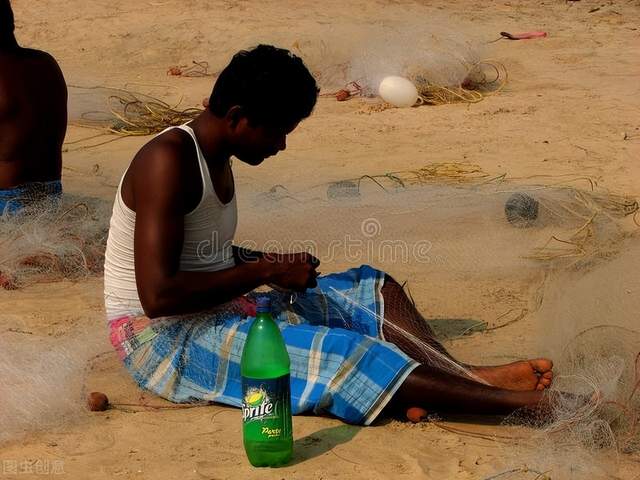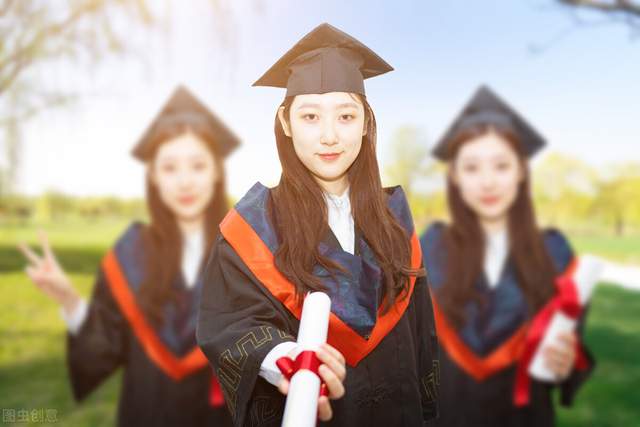The two principles of Rolls "theory of justice" are the primary value of the social system?
Author:Liu Xiaoshang Time:2022.07.08
Hello everyone, today we continue to introduce the philosophical thoughts of the famous contemporary philosopher, Michael Sander. Earlier, we introduced the utilitarian moral outlook represented by Bian Qin, and the voluntary ethical and moral outlook represented by Kant. Today we will introduce Rols' "justice theory".

As we introduced earlier, Rovers is a famous political philosopher in the 20th century. His "theory of justice" has a profound influence. Rose said: Justice is the first value of the social system, just like truth is the first value of the ideological system. The reason why Rores' "justice theory" is important is that on the one hand, it has established a highest moral principle, that is, "justice". Rores pointed out that justice is the highest virtue of all social virtues. On the other hand, the reason why "theory of justice" is important because he inherits Kant's respect for people and further consolidates the core position of the concept of freedom, personal rights, fairness, and justice in the Western value system.
The entry point of Rauls's theory of justice is a criticism of utilitarianism. The utilitarianism represented by Bian Qin proposes the "greatest happiness principle". Rights; "Volunteer theory and morality" represented by Rouls and Kant emphasized that the rights must be better than good, and the Holy Spirit of Personal Rights cannot be violated. The legitimacy of the principle of justice does not depend on any special good, just like Kant said: The concept of good and evil is not defined by the principles of morality. On the contrary, the concept of good and evil must be after moral principles, and through the moral principles, and through the moral principles definition.

There are two parts of Rolls' "theory of justice", one is to demonstrate why "as fair justice" has the primary value, and partly is the possible way to realize social fairness and justice. Let's take a look at the content of the following part. In "Theory of Justice", Raers told a famous "divided cake" story. On the birthday party, everyone eats cakes together. How to allocate fairness? The easiest is the average distribution, one person, one by one, everyone is the same. So how to ensure that the distribution is average? The easiest way is to let a person cut the cake, and he finally takes it, so he will cut the cake average.
In this simple example, we see two characteristics of realizing justice: the first is that the result is the independent standard of justice. For example, the result we established the average one person and one faster is justice. Before it is divided, it must be established; second, to ensure the program that meets the expected results, such as we let a person cut the cake, and his last one, such a program can ensure that he can cut the cake evenly.

However, there are many situations in the standard of cutting cakes. For example, some people have a large appetite, some people appetite, and one per capita may not be the best; for example, Shouxing may require themselves to get more cakes, or older years old. People who get more cakes, or people who do not like sweets, should divide less cakes, etc. In short, it is just a trivial matter of cakes. It is very difficult to determine for fair standards, let alone in society in society In the system, the situation involving employment, medical care and education resources will be more complicated. As Rars say, comprehensive procedure justice is not impossible, but very rare.
Is there a relatively fair solution?
Rores proposed the famous "ignorance curtain". Probably the meaning is that before you formulate social formulation and strategy, you assume that you have stood behind a curtain of "ignorant curtain". The class, gender, race, political views, or religious beliefs, do not know their advantages and disadvantages, health or disability, do they receive higher education or drop out of school halfway, born in a complete and harmonious family, or a fragmented family, etc. Essence Moreover, you don't know your own views, values, and life pursuit. You only know that you have to have these concepts and think that these ideas are worthy of pursuing.

The purpose of the reason why Raers designed the ignorant scene in this way is to prevent the choice of the principle of justice and be affected by the accidental nature of nature and the social environment. Rores said that this is a state of equality at the beginning. At this time, everyone stands behind the "Crossing of ignorance", and everyone is in an absolutely equal position. As a rational and pursuit of self -interest, if we find ourselves in such a state, what will we choose?
First of all, we will not choose utilitarianism, and utilitarian pursuit of happiness to maximize happiness. In case we are members of the oppressed minority group, it is miserable. For example, we are unlikely to support and the disabled people cannot employment; we are unlikely to agree The rich has privileges, because behind ignorance, we may be vulnerable groups.

Secondly, we do not choose a pure principles of corporalism and complete liberalism, because you may be a homeless man who needs to be rescued, and you need the government to provide basic living security. In short, Rovers believes that behind the scene of ignorance, we have forgotten our identity, status and all subjective attributes, and then at this time to stand in a complete neutral position to make decisions, it is true and fair.
Based on the ideological experiment of ignorance, Raers gave two key principles to realize social fairness and justice: the first principle is the principle of "freedom of equality", that is, everyone stands on a completely equal starting line. Equality and freedom of choice are not restricted and constrained by any congenital conditions. The second principle is that the default option should be completely allocated, but we then think that we can do better, so if we allow some unevenness, Raers believes that they also need to meet two restrictions. The first restriction is: "fair opportunity is equal". For example, we agree that doctors and lawyers should get higher salary, so everyone should have an equal opportunity to compete. For another example, key schools should have better educational resources, so everyone has an equal opportunity to compete to enter these key schools.
The second limit condition is that the "difference principle" means that the system may not be absolutely fair, but at least this unfairness can give people with the worst situation in the situation. In other words, this unequal distribution can improve the most weak group, otherwise this inequality is unacceptable to morally. This is actually a way to remedy it. For example People pay more taxes, use these taxes to create social benefits, help vulnerable groups, etc.

In general, Rovers provides us with a idea of realizing social fairness and justice through the ideological experiments of ignorance. There are two principles, one is the basic freedom to ensure equality. One cannot be absolutely satisfied, so the distribution of unequal to meet two restrictions, one is fair opportunities to be equal, and the other must meet the principles of differences to protect the most vulnerable groups.
Roses' "ignorant curtain" provides us with a thinking of fairness and justice. This is a clever and convincing way, but Sander pointed out that Rores's "ignorant curtain" thought experiment, Is it really a fair way we think about just? In the next video, let's see how Sandel questioned and refute.
Well, this is the content of today. If you like my content, please like it and follow me. Please see the next article.
- END -
Can Metro Line 19 extend to Tibetan Island?Official response
Recently, a number of netizens consulted on the message board of Wuhan CityCan I extend to Tibetan Dragon Island on Metro Line 19Relevant departments respondedCome and seeRecently, a number of netizen